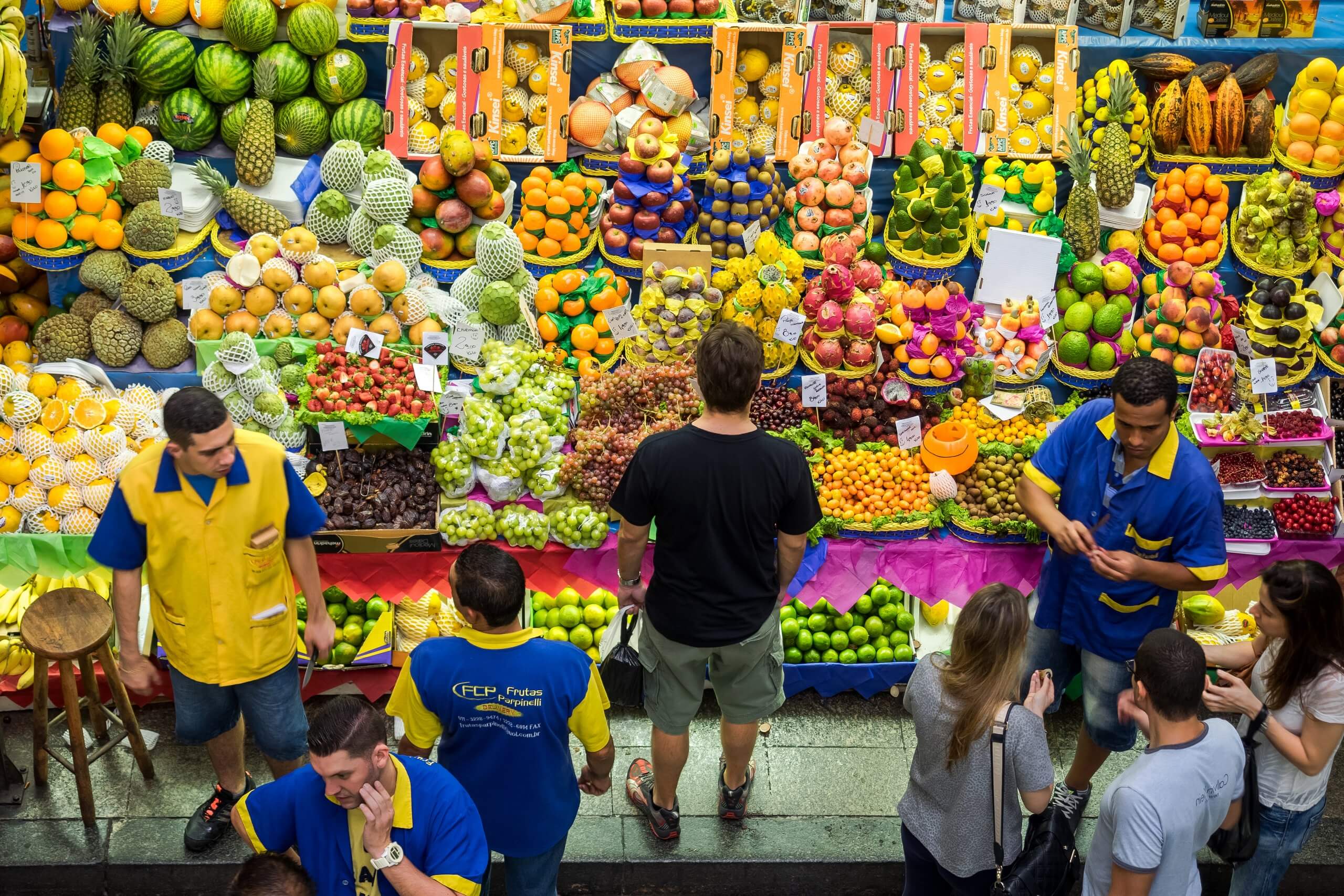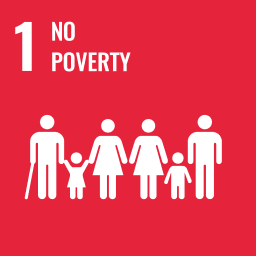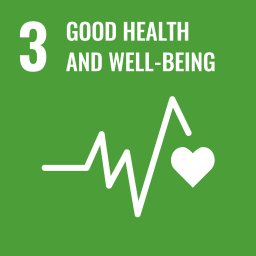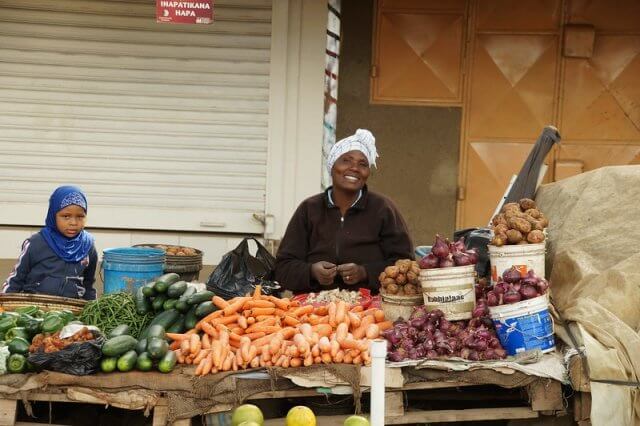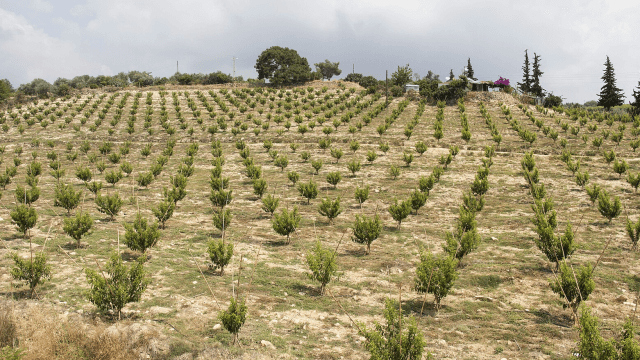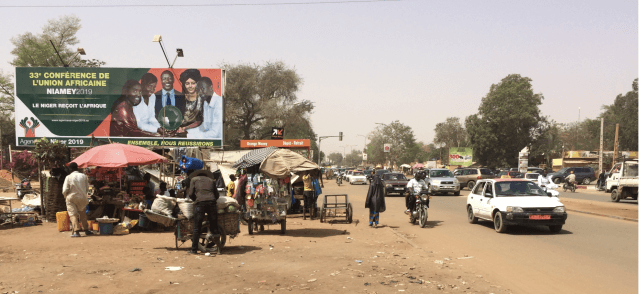The action and its aims
Sao Paulo City Hall has a dedicated municipal unit called COSAN (Food and Nutrition Security Coordination), which develops actions that aim to guarantee access to sufficient, quality food to the city’s entire population, at all times. COSAN sits under the Secretariat of Economic Development and Labour
Why it was needed
COSAN was established in 2015, replacing the former General Supervision of Supply (ABAST) that sat under the same secretariat. The new entity adopted the same structure as its predecessor but represents greater attention to food security and nutrition, instead of just supply issues. Amongst its responsibilities is advocating attention to food insecurity and inequalities in major city strategies, such as the Municipal Plan for Food and Nutrition Security, which requires an inter departmental approach, the Municipal Master Plan, that recognises the importance of urban agriculture, and the City Plan for 2013-16. All three of these were developed through a participatory process involving civil society and non-governmental organisations.
Who initiated it, who is involved
The new entity was introduced via a municipal decree (56399/2015), signed by the Mayor of Sao Paolo.
Outcome/how it strengthened coordination
As a result of taking a transversal approach to food and seeking to integrate policies from different departments, Sao Paulo deals with the complex issue of food security and inequalities in a coordinated way. It has also stimulated involvement of civil society working in partnership with local government, to increase the capacity of each.
